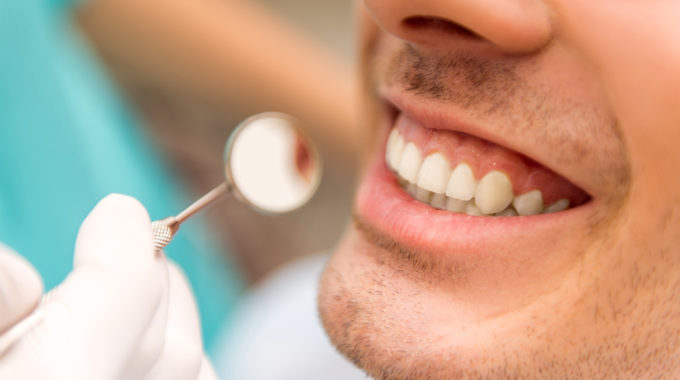We know that December can be a hectic month for many individuals - between finding…

November is National Diabetes Awareness Month
Did you know that November is National Diabetes Month in America? Over 30 million individuals will be diagnosed with Diabetes this year alone. Gum disease is very closely linked to diabetes because if the condition is not controlled well it then leads to higher blood sugar or glucose levels in one’s oral fluids. Heightened blood sugar levels promote the growth of excessive bacteria which can cause gum disease. When someone is diagnosed with diabetes it causes their blood vessels to change. Thickened blood vessels can disrupt the flow of proper nutrients to one’s gums so that their mouth doesn’t stay as healthy and clean as they once were.
If gum disease is not addressed early on, this leads to periodontitis in post-patients. A condition where your gums and jawbone begin to recede from your teeth. Eventually, your teeth become loose, cracked, and also have the possibility to fall out of their sockets. When glucose is present in your saliva, it makes it more difficult to fight off gum disease for patients with diabetes. High glucose levels lead to high amounts of plaque and tartar buildup. You can hit your gum disease head-on early in the game if you watch out for certain signs or symptoms. Swollen, tender, bleeding gums can all be signs that gum disease is beginning, or you just need more significant dental hygiene practices.
More severe cases could be seen as a sore, an ulcer, dark spots or holes in your teeth, pain when chewing, pain in your face or jaw that won’t go away, bad breath that won’t go away when you brush your teeth, and more. The most common mouth problems that diabetics tend to deal with include gingivitis, periodontitis, thrush, “dry mouth” or oral burning. If you feel as though you have mild symptoms before they even develop into a larger issue, better safe than sorry and call your dentist right away. A good preventative measure to this is to see your dentist twice a year for a cleaning and a checkup. If you’re a diabetic patient then it’s important to take certain precautions before your dental appointment. You should discuss with your primary care doctor before you visit in order to ensure your blood glucose levels will be in good standing during your dental work. Some diabetic medications can cause low blood glucose, which is when a patient has something called hypoglycemia. If you take insulin, you should use this medication as normal and eat per usual right before your appointment.



